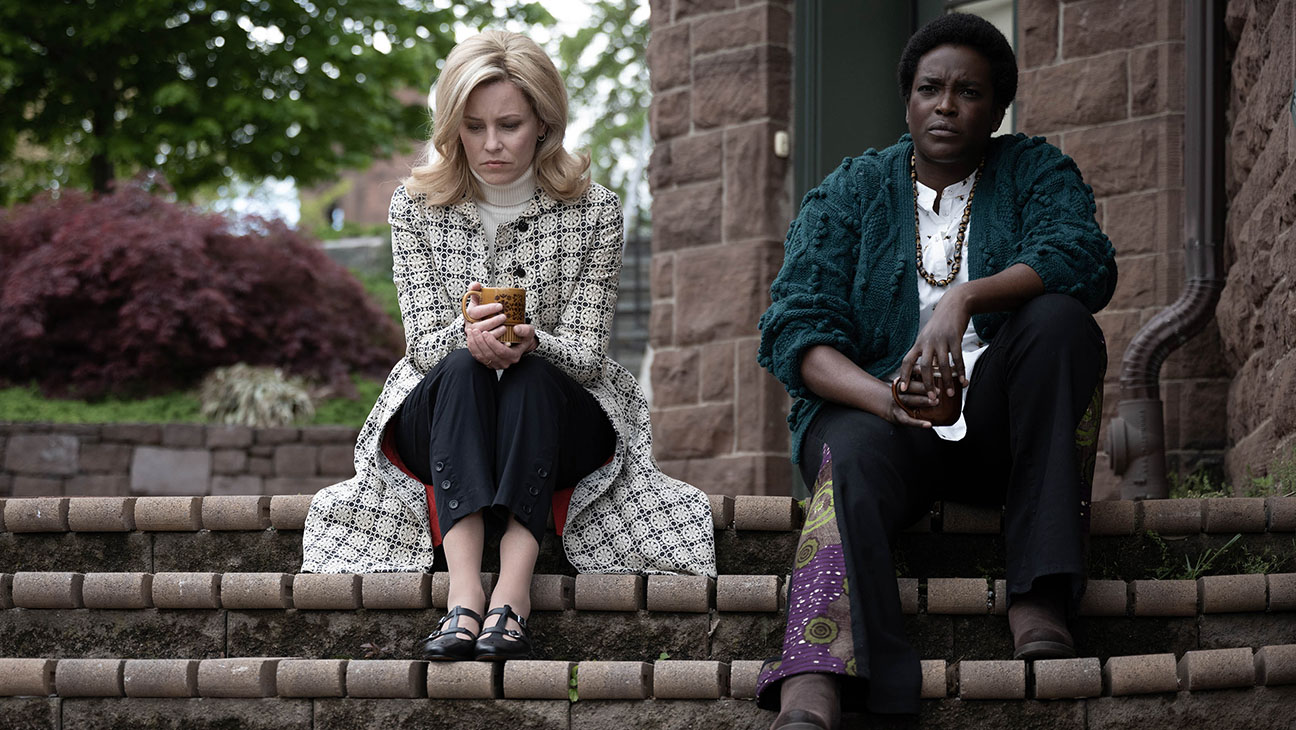
Sundance Film Review: Call Jane
Sundance
Sundance Film Review: Call Jane
Director: Phyllis Nagy
Protagonist Pictures
Premieres: 01.21 at 5:45 PM MST
As the credits rolled on Call Jane, the new film from Phyllis Nagy, two thoughts went through my mind: I’d just seen a film with Oscar-nominee potential, and Utah filmmaker Keith Merrill will definitely not be watching his Academy screener.
Call Jane begins in Chicago in 1968, where Joy (Elizabeth Banks), a suburban housewife and mother of a teenage daughter, finds herself facing a very serious problem: She’s expecting her second child, but she is also diagnosed with a life-threatening condition that can only be treated by terminating the pregnancy. Joy’s doctor recommends petitioning the hospital board to allow such a procedure on medical grounds, but they refuse, stating that there is reason to believe that the baby would be born healthy, even though Joy is likely to die.
Desperate to find a solution and with a husband whose most helpful comment is “I wish we still went to church,” Joy finds a flier on a telephone pole telling women who are pregnant and need help to “Call Jane.” In calling the telephone number, Joy discovers a strictly off-the-books organization of women who help other women, and her life is saved. But it’s also changed forever, as the leader of the group, Virgina (Sigourney Weaver, in her best role in at least 10 years) calls upon Joy for a favor, and before long, Joy is drawn into the singular mission of the remarkable women of The Jane Collective working to provide desperate women and girls with safe abortions.
Nagy, who has only other feature to her credit as director the 2005 TV movie Mrs. Harris, and is best known as the writer of Carol, is working from well-crafted screenplay by Hayley Schore and Roshan Sethi. She directs with the deft confident hand of a seasoned veteran and establishes herself as a major force in cinema. Call Jane features what may stand as the most dazzling money shot of 2022 even when the year is over, and it’s done all in one angle with almost no camera movement.
A powerhouse ensemble led by Banks—whose star power has never shone brighter—assists the director. Call Jane is certainly going to be highly controversial, as it portrays a group of women organizing and even performing abortions as self-sacrificing heroes on a mission, and there will be plenty of people refusing to see it and try to prevent others from doing so. But Call Jane isn’t a callous story about killing babies—it’s a chronicle of those who fought for the health and safety of women who have nowhere else to turn and for the right to make decisions about their health without going outside the law.
There’s no question that Call Jane has a political ax to grind and that it’s one that will scare some audiences away. The movie is at its most problematic when it’s trying to portray characters who stand staunchly against what Joy is doing becoming suddenly won over—not because it isn’t possible for them to be convinced in real life but because the movie does so a little too neatly and easily. It’s not enough to seriously hurt the movie, but I would have liked to see a little more time spent on making those moments more convincing.
All in all, Call Jane is a simplified and Hollywood-ized take on history, but it’s a chapter that has had to struggle to even get that much and one which may be destined to repeat itself. While Call Jane will upset the straight-and-narrow religious right, it’s a hell of a good movie and the first potential hit of the festival this year—one that’s sure to start a lot of discussion. –Patrick Gibbs